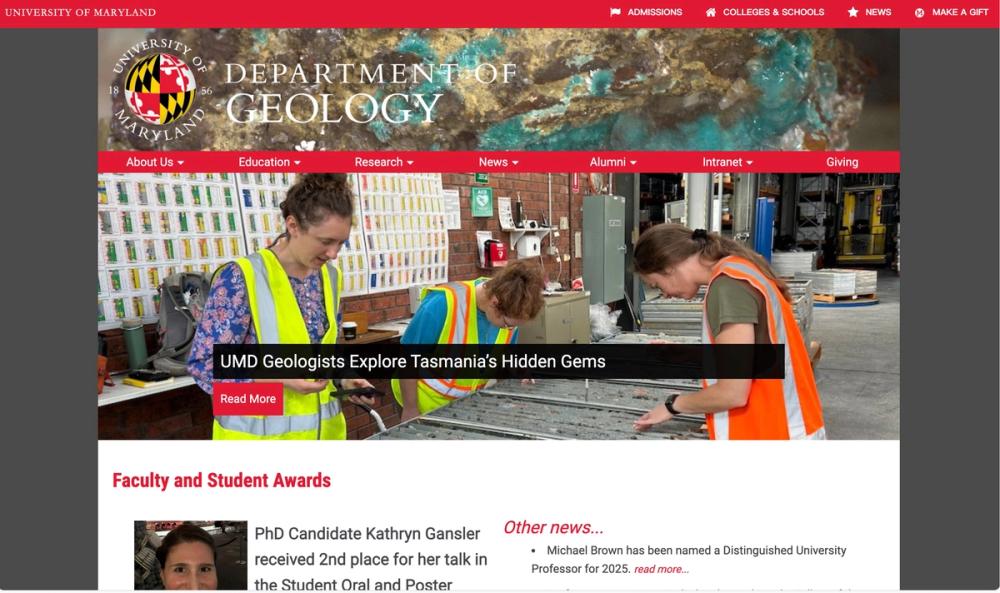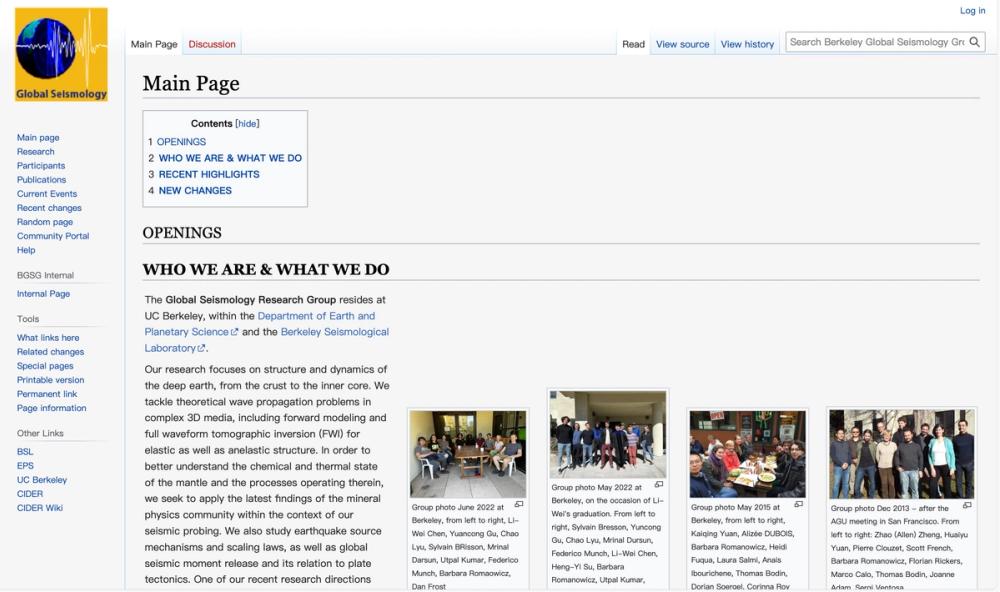The Department of Earth and Planetary Science (EPS) at UC Berkeley, one of the first major centers for geological studies in the western United States, boasts a rich history and an outstanding academic reputation. Berkeley geologists have achieved groundbreaking milestones, including the first detailed studies of major earthquakes, the development of potassium-argon dating, the rigorous application of thermodynamics to geology, and the discovery of evidence linking a comet impact to the extinction of dinosaurs. These contributions have cemented EPS as a global leader in Earth sciences.
In response to growing concerns about environmental degradation and resource depletion, EPS has expanded its research to address pressing societal issues such as climate change, water resource management, and sustainable energy development. While multiple UC Berkeley departments engage with environmental challenges—spanning policy, management, economics, and engineering—all rely on a deep understanding of Earth sciences. EPS’s geoscientists, geochemists, and geophysicists provide critical scientific foundations for these interdisciplinary efforts.
The department’s faculty pursue diverse research interests, from Earth’s internal processes and surface dynamics to the exploration of exoplanetary systems. EPS’s curriculum is designed to equip students with comprehensive training, fostering expertise in laboratory techniques, field observations, data analysis, and interdisciplinary research. Students gain hands-on experience through coursework, lab training, fieldwork, literature studies, and computational applications, while developing skills in oral and written communication. Graduates are well-prepared for top-tier graduate programs, careers in geology and environmental engineering, or diverse fields such as public policy, law, or medical sciences.




